Steer Bangladesh towards peaceful solutions

The events that have unfolded in our political landscape over the past few weeks – the debate regarding the venue of BNP's Dhaka rally, the clash between police and BNP men that resulted in one death and many injuries, rallies by the ruling party and its provocations, etc – are saddening, to say the least. Our country gained its independence to ensure people's right to self-determination. According to our Declaration of Independence, the main goals of establishing Bangladesh was instituting the rule of law, basic human rights, political, economic and social equality, and justice. However, in light of our experience over the last 51 years, we are still miles away from those goals.
In reality, Bangladesh as a nation has lost its way. As citizens, we have been largely deprived of many rights, including our right to exercise franchise. Not only that, our politics is now under massive strain as a result of the attempts of the political parties to uproot their respective rival parties over the years. BNP did that by attacking the Awami League on August 21, 2004. Later, Awami League followed suit by using law enforcement agencies to try and uproot the BNP. But no one has been able to uproot the other; rather, whoever has tried to uproot the other party has lost popular support instead. We are therefore in a dire situation politically.
At the same time, religious fanaticism is a major threat in Bangladesh. We saw a brutal expression of that during Durga Puja last year. The prime minister tried to bring the situation under control, but could not do so with enough swiftness; nonetheless, she deserves congratulations for her attempt. There are many foul agents at play here, whose religious bigotry added with political rivalry has become a major problem. On top of that is the strain regarding ethnic groups. These three issues have created a heap of gunpowder that any vested quarter can light on fire at any moment. We are facing a serious crisis.
We have to step out of this disoriented state and recalibrate ourselves to get back on track to achieve the goals that were set during the Liberation War. However, unfortunately, instead of doing that, the ruling authorities have taken repressive measures to deny people their rights and continue the sorry state our country is in. If this continues, the chance of a peaceful transition of power would be stifled. The way to a peaceful transition of power is free and fair elections. If that cannot take place, power may be changed through unconstitutional and even violent ways. It feels like we are headed in that direction.
We hoped that the ruling party would try and reach a political agreement to solve these problems. Our institutions are now in shambles. Our rights are not protected. If we want to come out of this situation, we all need to come to an understanding and enact deep reforms that will benefit the country. But instead of doing that, the ruling party sees anyone with opposing views – be it the opposition parties, media, human rights organisations or foreign diplomats – as enemies. The result of this could be grievous.
We are going through a terrible economic crisis. We need to work together to get out of this situation. We need to ensure an environment where people would be able to freely invest in our economy. In such a state, the path we are on is destructive.

The ruling party complains about foreign powers criticising them. We understand the reasons behind their complaints. However, there are a number of international laws, including the Universal Declaration of Human Rights (UDHR), that Bangladesh needs to abide by. Aside from that, we have signed a number of treaties and conventions that compel us to protect human rights. Because these are international laws, not complying to them rings alarm bells around the world. The government should not create any enemies by antagonising foreign friends who are commenting on our human rights conditions, and instead should take steps to solve the problems that we have.
We are at a critical juncture in our history. We should all now come together and find a way to political agreement, and agree to a citizen charter to decide which kind of government would conduct the upcoming parliamentary election. Then, whoever comes to power after a free and fair election would implement the national charter. I hope that our political leaders will come to their senses and take imminent steps to resolve the current political crisis.
Dr Badiul Alam Majumdar is secretary of SHUJAN: Citizens for Good Governance.
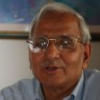
 For all latest news, follow The Daily Star's Google News channel.
For all latest news, follow The Daily Star's Google News channel. 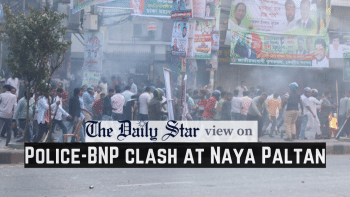
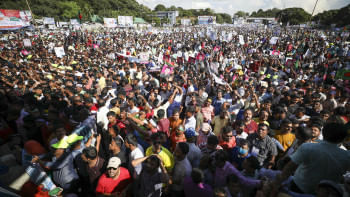


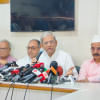
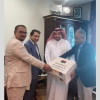


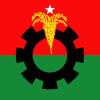


Comments